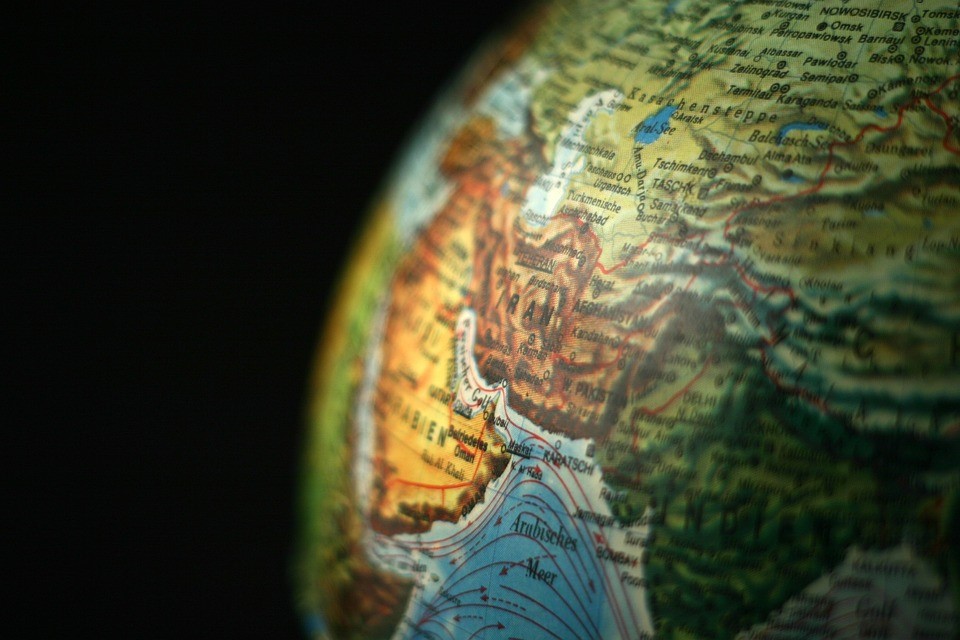Iran is making money and expanding its influence beyond the South Caucasus and Central Asia areas and is selling weapons in the North Caucasus and the Middle Volga regions of the Russian federation. Tehran is extending its sphere of power into these two Muslim areas of Russia since, due to Western sanctions, it can’t buy weapons elsewhere. What appeared at first to be good economics now has Russia concerned that Tehran’s longer-term cultural and religious influence could compete with Moscow. Tehran is playing a long game, according to Paul Goble of the Jamestown Foundation. He points out that previously “Moscow sought to control the situation by limiting Iranian links to economic projects within these Muslim republics, something the Kremlin was confident it could do forever given the fact that Iran is a Shiite nation while the Muslims in these two regions are overwhelmingly Sunni.” Tehran is more than content to see its cultural and geopolitical influence grow.
Two recent events suggest that Tehran is at a turning point. Iranian and Russian officials met recently in Chechnya to promote broad cooperation not only between the two countries but also between Russian regions and Iranian regions, according to a report from the publication Kavkazskiy uzel last week. The second event was the signing of an agreement calling for a radical expansion in trade between Iranian and Bashkortostan officials. “Given that trade between Russia and Iran is currently running at a rate four times greater than in 2020, the two sides expect to realize their plans in which Bashkortostan and the neighboring regions will send Iran agricultural products and Tehran will send the Russian regions industrial exports,” according to Goble. This exchange means more Iranians traveling to the Middle Volga and more Russians from that region visiting Iran.
The two events has already triggered concerns in the Kremlin about more Muslims in Russia and their mindset toward Iran and Russia itself. Tehran insisted the trade meeting inside a Russian republic, adding to Iran’s influence there. Radzhab Safarov, head of Moscow’s Center for the Study of Contemporary Iran, points out that the decision to hold the meetings outside the central capitals “makes possible drawing into relations with the Islamic Republic of Iran not just Chechnya but also the entire North Caucasus. This will undoubtedly give an impulse to the development of trade.” Kavkazskiy uzel goes further saying that it will do more than that “considering the obvious movement of Iran to strengthen cooperation with Russia and the countries of the Eurasian Economic Union in all spheres”—including the cultural and political….” The new reality is that where Putin once shunned Muslim influence, he now seeks support.
Lana Ravandi-Fadai of Moscow’s Institute of Oriental Studies, says that “Iranians are known for their pragmatism and try, at least officially, not to divide Muslims into Sunni and Shia.” Instead, she insists, “The Iranians… talk about a single Muslim umma.” That type of thinking today dominates Iranian relations abroad. Another senior scholar, Akhmet Yarlykapov, at the Center for the Study of the Caucasus at the Moscow State Institute for International Relations (MGIMO), says the situation between Russia and its Muslim regions, on the one hand, and Iran, on the other, is quite different from what it was only a few years ago as Iran is seeking new opportunities to expand its influence. Yarlykapov adds that “the Shiite question is in no way connected with Iran’s interest in the North Caucasus” as Iran gains more by presenting itself as a Muslim power interested in promoting Muslim interests more generally.
Iran, like China, is slowly expanding its influence, accessing markets, and using soft power to steadily penetrate countries. Iran first establishes economic relations. After that, analysts suggests it either expands its cultural or religious influence. Russian dependence on Iranian weapons of war may in the end contribute to increased domestic problems for Putin as the country’s Muslim citizens are turning more often to Tehran than Moscow. About 25 million Muslims live in Russia, more than in any other European state. Iran’s leaders are taking their time in expanding relations and exerting its influence. How far and fast the partnership of convenience can tilt Iran away from the West is uncertain. It is worthy to note that Putin has visited only one foreign country since the beginning of the war in Ukraine – that is Iran.
Daria Novak served in the U.S. State Dept.
Illustration: Pixabay
